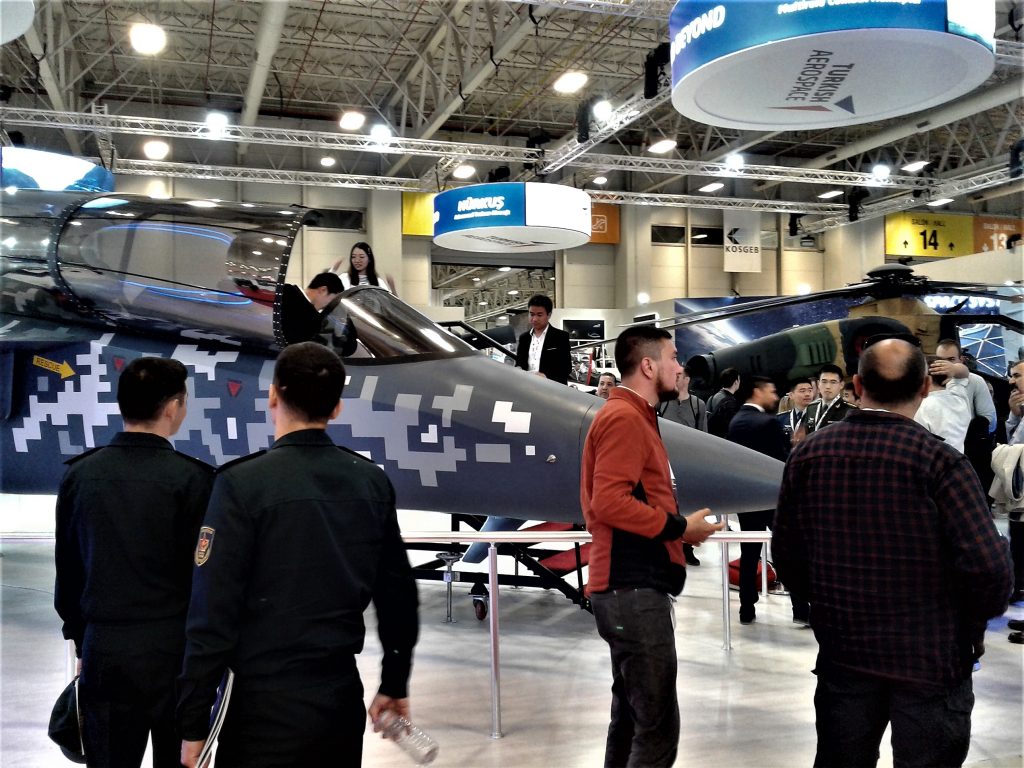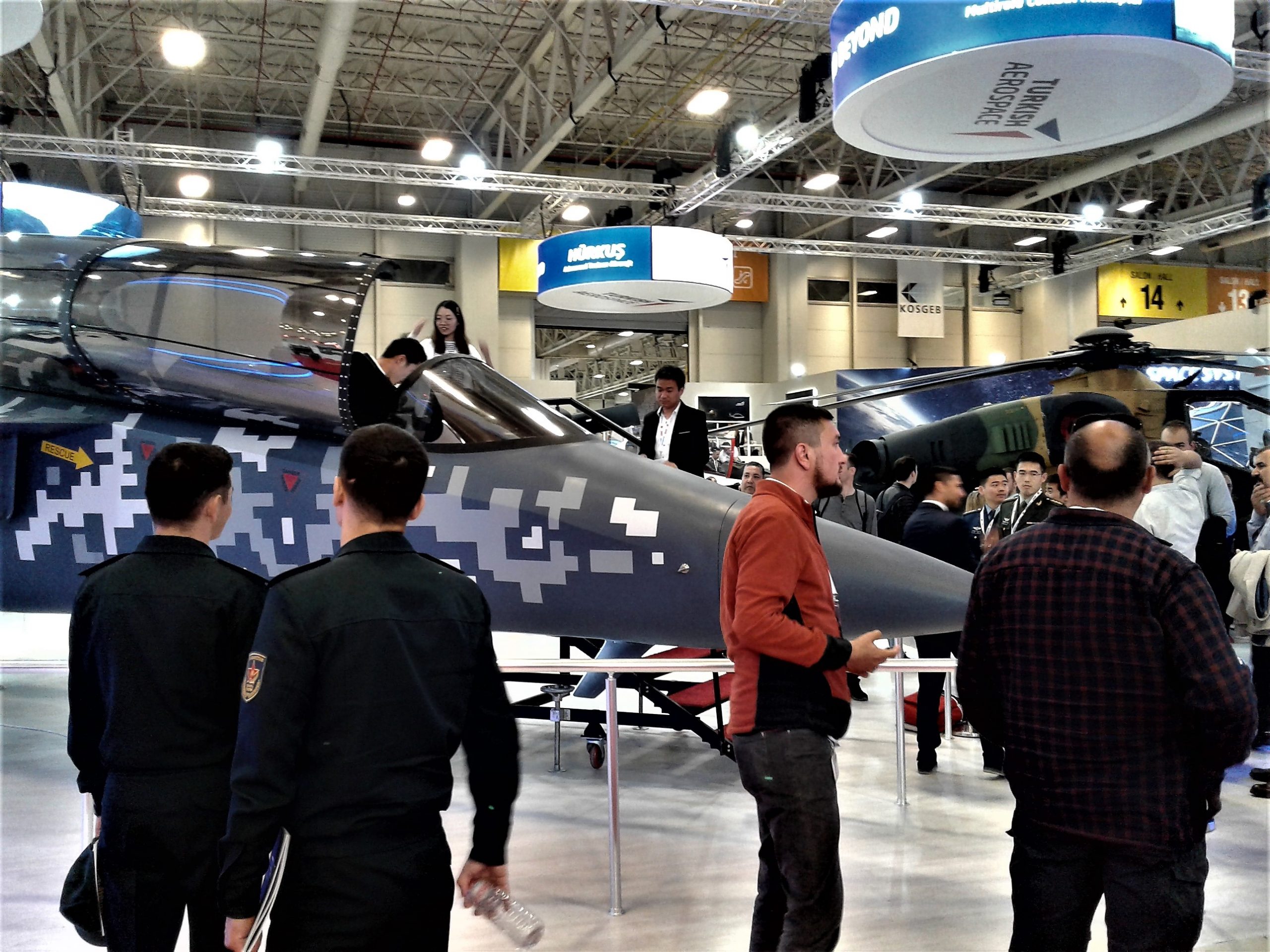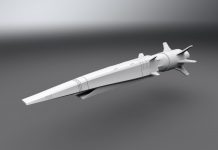
Turkish Aerospace Industries (TUSAŞ) and Airbus, one of Europe’s top aerospace firms, have signed an agreement aimed at fast-tracking the export of the Hürjet advanced jet trainer to Spain.
The agreement was formalized during the 17th International Defence Industry Fair (IDEF) and cements the collaboration between TUSAŞ and Airbus within the Hürjet program. It also outlines each party’s responsibilities in Spain’s procurement process for a new jet trainer.
This development builds upon a memorandum of understanding (MoU) signed in May between TUSAŞ and a Spanish defense consortium—including Airbus—which focused on industrial cooperation for the Hürjet.
The newly signed deal is expected to speed up the aircraft’s integration into the Spanish Air Force. Under the terms of the agreement, Spain is anticipated to acquire up to 30 Hürjet aircraft. A final sales contract is projected to be completed by the end of 2025, with deliveries beginning in 2028.
Additionally, the agreement defines how the work will be shared between the two organizations. It marks the final preparatory step before an official order from the Spanish Air Force is placed later this year.
“This partnership sets the framework for managing the Hürjet program in Spain,” said Jean-Brice Dumont, Head of Air Power at Airbus Defence and Space. “It details our collaborative approach, assigns responsibilities, and outlines how Spanish personnel will be integrated into the Hürjet effort.”
Beyond just supplying aircraft, the two companies are jointly developing a comprehensive pilot training system. This includes simulators, software solutions, and other technologies that complement the aircraft to train future pilots.
When asked about possible challenges, Dumont noted that incorporating Spanish-specific modifications into an aircraft still undergoing development poses scheduling risks.
“To address this, Turkish Aerospace must complete core development while we simultaneously begin familiarization with the system,” he explained. “Having a foundational aircraft is essential. Once that’s achieved, Spanish customization can proceed in parallel—but care must be taken not to overstrain the main development team.”
Dumont added that meeting industrial partnership expectations is also a key objective. “The Spanish Ministry of Defense has requested the inclusion of local industry content in the Turkish-made aircraft, along with solid cooperative ties between Spanish and Turkish companies,” he said. “That’s currently our top priority.”





